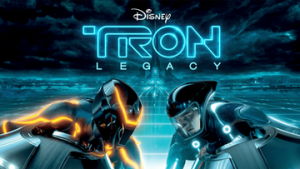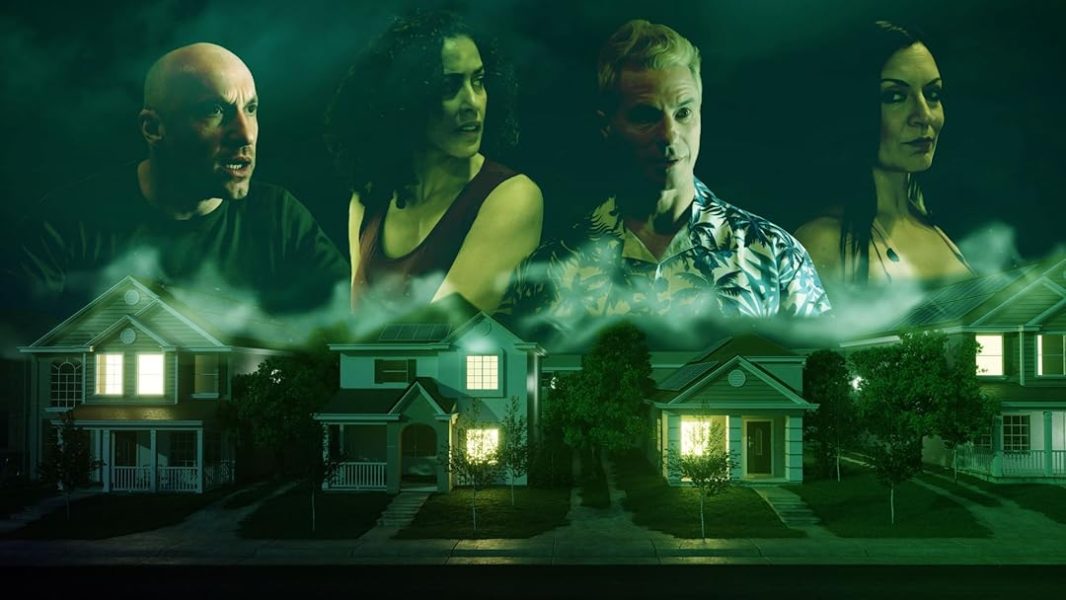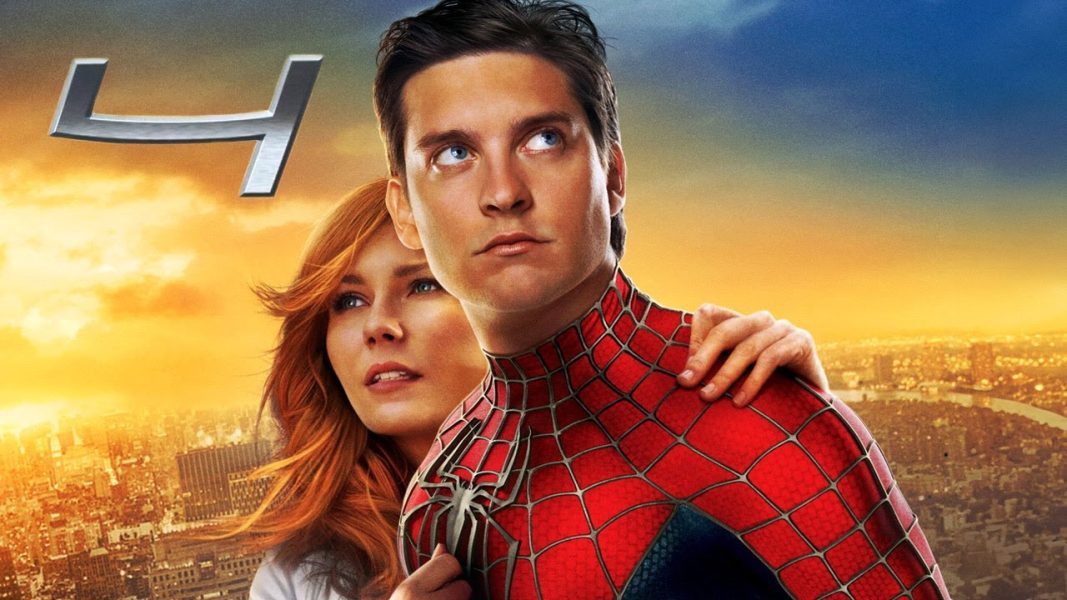Man of Steel (2013)—An Austere Depiction of Post-9/11 America

With Disney and Marvel Studios’ success with the Marvel Cinematic Universe, many other major movie studios decided that they wanted to replicate this success with their own shared universe. Universal formed their Dark Universe consisting of all their monster characters and Warner Brothers decided to create their own comic book shared universe with director Zack Snyder at the helm. Was this a good choice? Well, Snyder has a unique vision, yet it yielded rather…mixed results. Snyder kick started his shared universe in 2013 with Man of Steel surrounding the titular…Man of Steel, better known as Superman.
Krypton is about to be destroyed due to environmental negligence which made the planet’s core unstable. General Zod (played by Michael Shannon) takes up this opportunity to cause an uprising, taking the Kryptonian Council hostage and demanding Jor-El (played by Russel Crowe) to surrender. Refusing to do so, he escapes and successfully sends his son, Kal-El to Earth. Zod is arrested for his crimes against Krypton, where he and his followers are sentenced to the Phantom Zone. Meanwhile, Kal-El is raised in Smallville, Kansas by Jonathan and Martha Kent and named Clark. Years later, Clark Kent (played by Henry Cavill) takes up several jobs around the country while trying to save people when the need arises. One day, General Zod, having escaped from the Phantom Zone, comes to Earth in search of Clark and plans to rebuild Krypton by terraforming Earth.
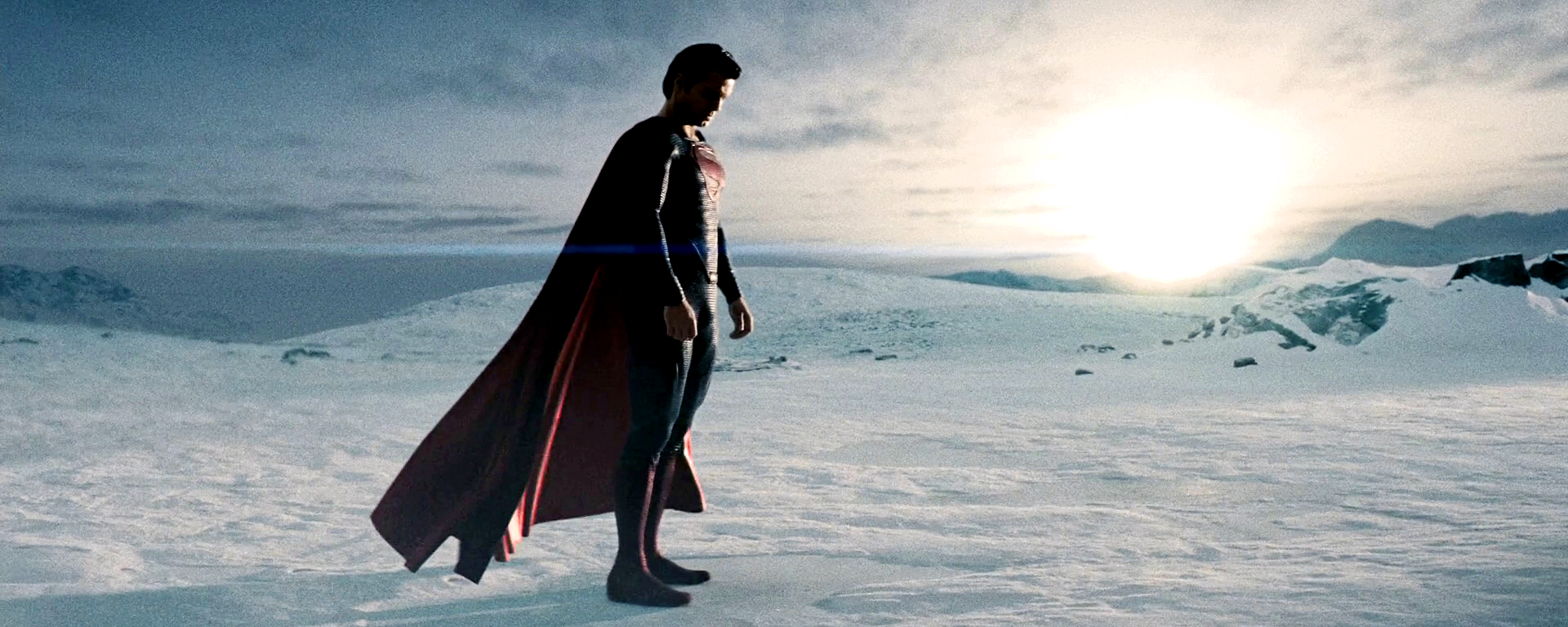
In my opinion, Man of Steel is one of the most prolific comic book films that provides social commentary on America’s post-9/11 fears of terrorism and the “dangerous foreigner”: the other who may look like us, but is not us. This is heavily highlighted by how people reacted to Clark’s presence. They were afraid of his immense power and that he may pose a danger to the world. It addresses the fears of illegal immigration and what dangers said illegal immigrants pose to America. Not to mention how the destruction of Metropolis mirrored the destruction of the Twin Towers and the chaos of the fallout. Although I didn’t make this connection when I first saw Man of Steel, I think this was really done well in a much more subtle way than I would’ve expected from Snyder, which is a good thing. Few films try to tackle these heavy political themes, with those who do usually laying it on too thick, making Man of Steel a breath of fresh air.
Replacing Brandon Routh as the Big Blue Boy Scout is Henry Cavill, whom many consider as the quintessential onscreen Superman. While Cavill certainly looks good in the suit, he does have some stiff line deliveries, most infamously when he first learns of his alien heritage. However, what Cavill has in leaps and bounds is charisma. Despite the film being rather serious in tone, there are a few small comedic moments, and Cavill makes sure to capitalize on every one of them. However, one of my favorite characters in Man of Steel has to be Amy Adams’ Lois Lane. Gone are the days where she couldn’t spell simple words and here is a Pulitzer Prize winning reporter who is unafraid to travel to dangerous places all just to tell a story. But besides her strong journalistic integrity, she has a more empathetic side to her. When she finds out about the death of Jonathan Kent, she decides to not publish her story about Clark. Not only that, but she also acts as Clark’s main support after the traumatic act of killing Zod.
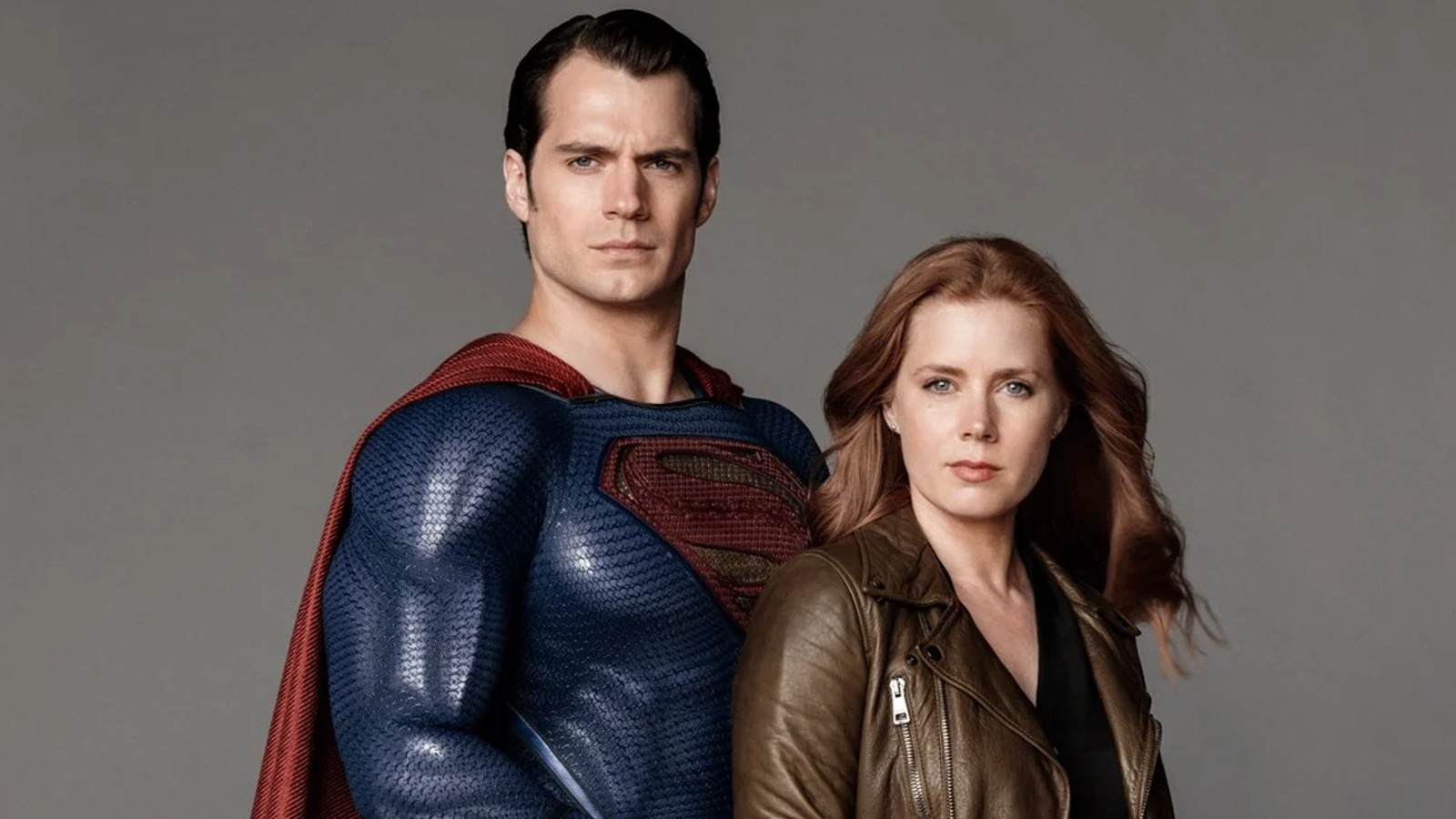
But a hero’s story is only as strong as that of their villain’s. And General Zod certainly delivers! Zod is not a typical comic book villain, who wants to conquer or destroy the Earth for the sake of doing so. Rather, he has a purpose which he wishes to fulfill: restoring Krypton and its people. His people. And for that to happen, he must terraform the Earth to Krypton’s image. Zod understands what he is about to do is cruel and horrifying, but he also understands that what he must do is for the greater good of Krypton. He was bred to be a warrior and defender of Krypton, basically to be their version of Superman. Zod is not unnecessarily cruel, he cares deeply for his people and even tried to convince Clark to join them. You can clearly understand that he’s not a villain in the typical sense. However, his means to achieve his goals are very much based in darkness. It is his inability to let go of his warrior roots that ultimately led to his downfall. Out of all the villains that Superman has faced, Zod continues to be the most intimidating, understandable and charismatic and Michael Shannon played him perfectly; it also happens to make General Zod not just one of the best villains in the DC films, but also one of the greatest villains of recent memory.
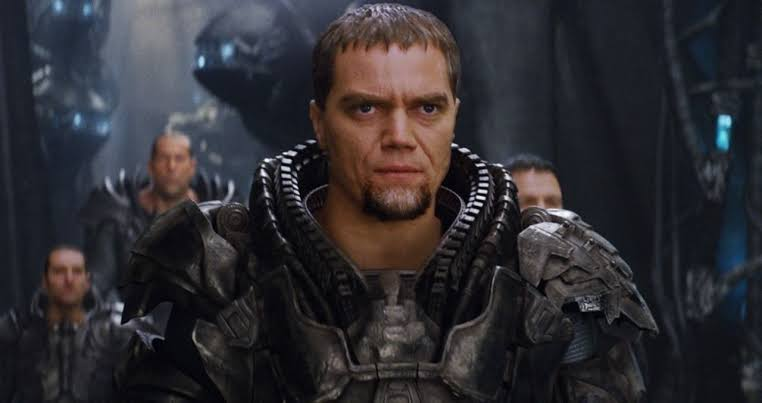
Perhaps the biggest physical change of the Superman lore is Superman’s trunks, or lack thereof. Snyder had stated time and time again that he wanted to make the trunks work for his new costume, however, it just didn’t pan out. And you know what? I actually prefer this change. I think the trunks make the suit a bit goofy to look at. Call me new-fashioned, but I think there are many substitutes, be it a belt or even different colored detailing around the waist to break up the blue bodysuit. I really like how the suit in Man of Steel was reimagined as an under suit where armor would go on top. However, I wasn’t a fan of how desaturated it appeared and wished that it was a bit more vibrant. I’m glad this was corrected in later films.
Speaking of which, I was rather hit or miss with the color grading of the film. Man of Steel employs Snyder’s signature grainy, sepia-tone and desaturated color grading which works in some scenes, but falls flat with others. I would have preferred if it were limited to the opening sequence on Krypton and have Earth shot in a much more vibrant tone to contrast a dying world with a living one. When Zod partially terraforms the planet, we can see more desaturation to show this change of atmosphere.
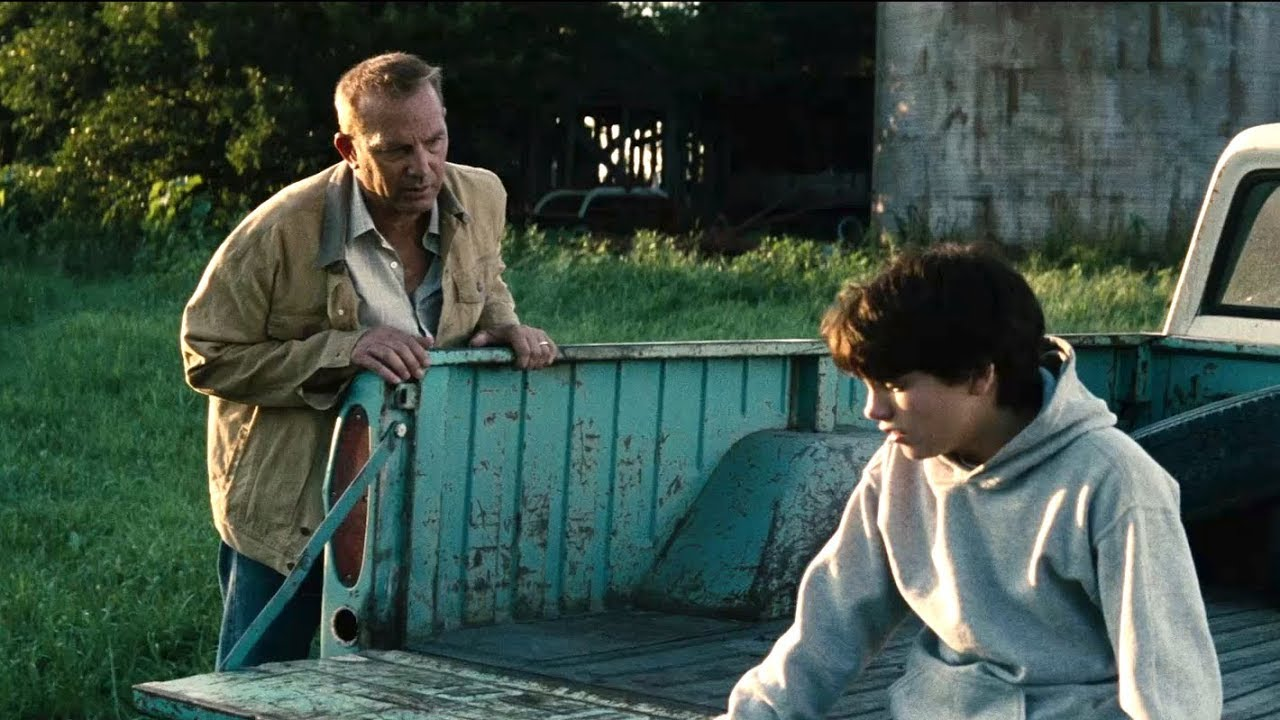
This film has received much negative press due to its portrayal of Superman and overall bleak tone. However, I think that Man of Steel has one of the most realistic portrayals of the Big Blue Boy Scout that I’ve seen. Man of Steel perfectly depicts Clark’s struggle at determining his identity: is he human or Kryptonian? While Clark Kent is born Kyptonian, he was raised as a human on a farm in Kansas. He tries to save people whenever he can, be it in a traditional Superman sense, or on a smaller scale, such as defending a woman getting harassed in a bar. While this confusion of identity is present in most superhero origin stories, few go into the detail that Man of Steel does. That being said, this brings me to another point that many people had with this film: the method of his upbringing, more specifically, about Jonathan Kent.
Upon the film’s release, many complained about how Jonathan Kent told Clark he should’ve let a school bus full of children die if it meant keeping his identity safe. Now I don’t think this was meant to be taken at face value, it was a mere slip of the tongue. He didn’t know what else to say, and it was a realistic response from him. That being said, I found it strange that Snyder changed his death from having a heart attack to dying in a tornado. Why would Clark just stand there and let his father die? I understand that Jonathan didn’t want Clark to reveal his secret, but I don’t think that would’ve prevented Clark from doing everything possible to save him. Having him die of a heart attack proves the limits of Superman’s capability, that no matter how powerful he is, he couldn’t prevent his father from dying.
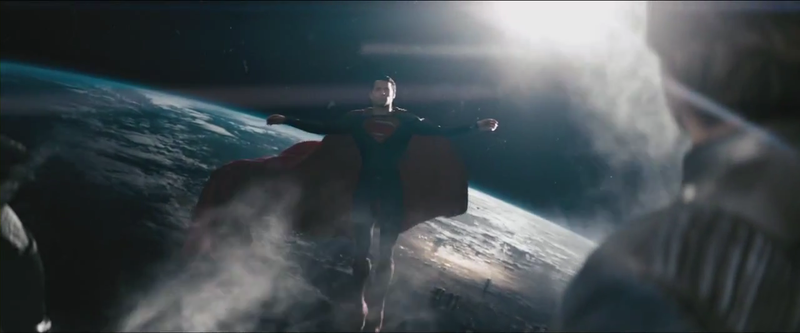
The only theme I would like to criticize would be how Snyder tried to push Superman as a god to humanity. Any comic book reader who is familiar with Superman would know that he doesn’t consider himself a god among men. He was raised as a normal man, and yet for some reason, Snyder kept pushing the notion of Superman’s arrival as potentially being the Second Coming of Jesus. I don’t understand why he did this, and it did take me out of the film. That being said, it wasn’t nearly as shoehorned in as later films would be.
In the end, Man of Steel is a very divisive film: you either love it or hate it. Personally, I liked the film overall. Zack Snyder’s attention to detail, cinematography and world building is nearly peerless, he even hired a linguist to create Kryptonian text inscribed on Superman’s suit! Yet there are some themes that I felt did not fit the Superman motif, such as Snyder’s vision for Superman being a god to mankind, which was further echoed by Lex Luthor in Batman v. Superman: Dawn of Justice. Despite this, I will say that Man of Steel gets way too much hate than it deserves. Is it a perfect film? Not in the slightest. Is it a well thought out, entertaining and subtle film? Absolutely. With the DCU being rebooted again, it’s a shame that we will never see what could’ve been with Zack Snyder’s original shared universe, or see Henry Cavill dawn the red and blue suit again.




